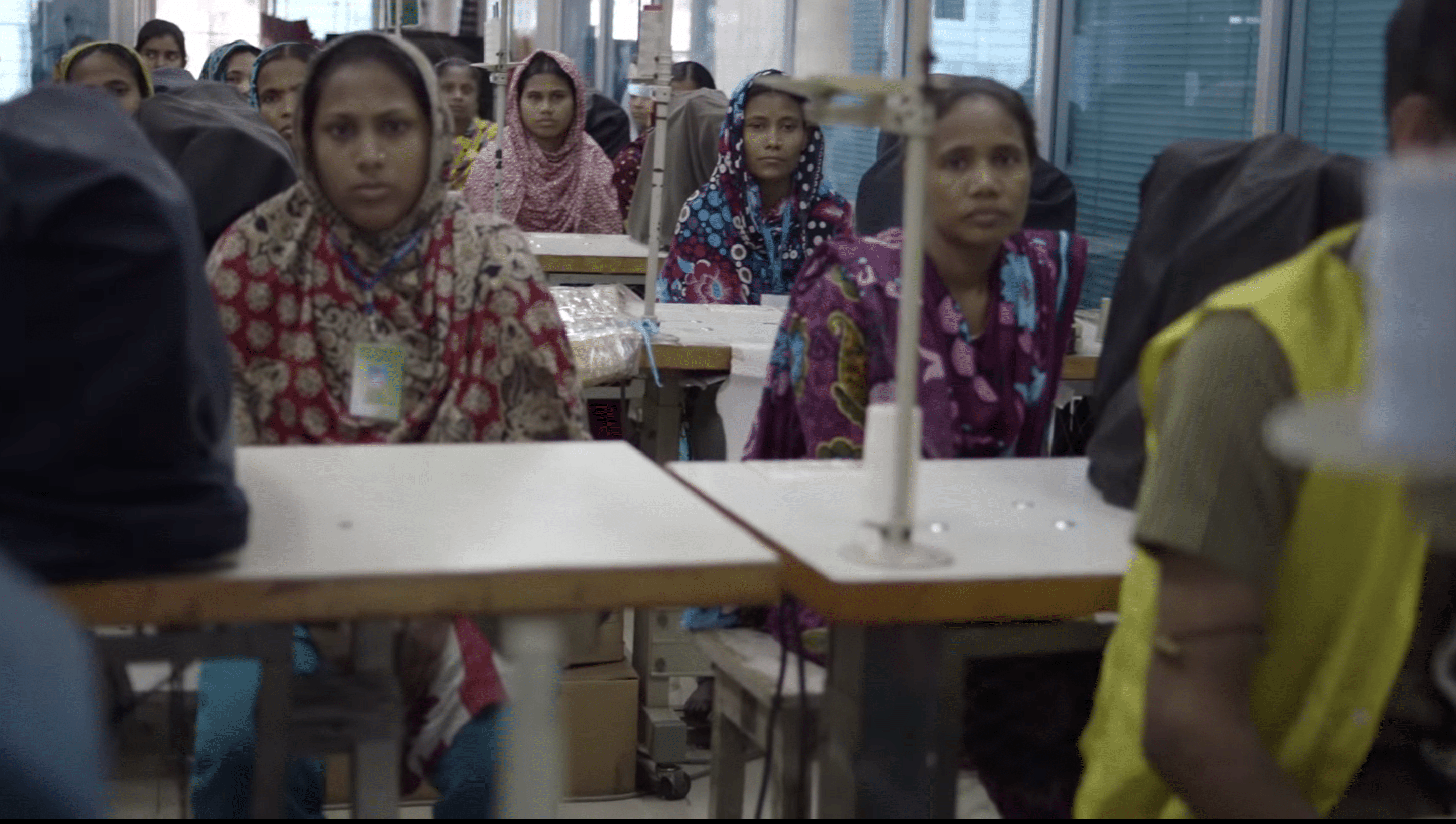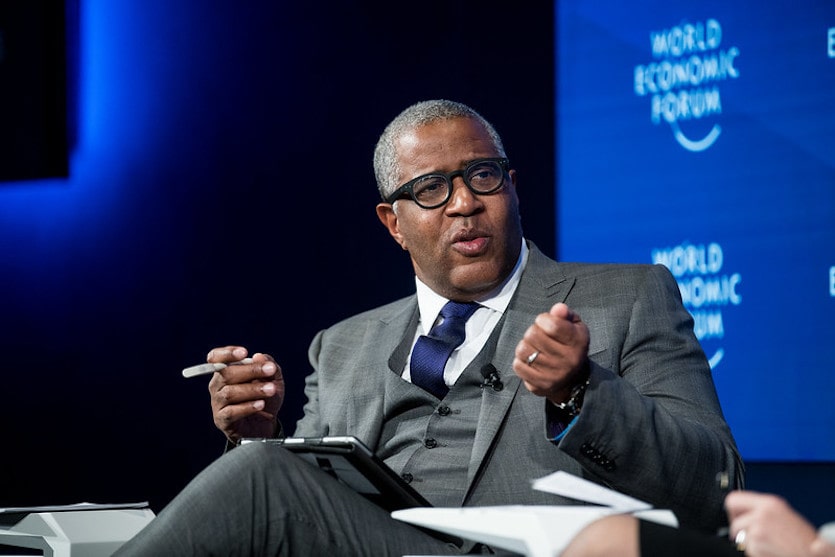
‘The True Cost’ documentary explores shocking cost of Fast Fashion
June 11, 2015
Here’s the Truth About Venture Funding for Minorities
June 15, 2015Minorities are on their way to becoming a majority of the U.S. population, a change that the U.S. Census Bureau estimates will happen in 2050. Pay attention to the 2016 election cycle, and you’ll realize quickly that this shift is already altering the nation’s political landscape.
These demographic trends prompted a relatively new think tank, the Houston-based Center for Opportunity Urbanism, to look at the cities where minorities are thriving today. The best cities, the group says, aren’t the ones you’d necessarily expect.
To come up with its list, their index took into account four factors—population growth, median household income, self-employment rate, and homeownership rate—in the top 52 metro areas (including their suburbs) between 2000 and 2013. From this data, the report concludes that African Americans, Latinos, and Asian Americans are more likely to do well in lower-cost, economically flourishing Sunbelt cities such as Atlanta, Raleigh, and Jacksonville than in “once-thriving urban powerhouses” and “luxury” cities, like New York, Chicago, Los Angeles, and San Francisco.
In the latter cities, the report says that high costs-of-living have significantly reduced opportunities for middle and working class households. For example, in Silicon Valley, African Americans and Hispanics make up a third of the population but only 5% of workers at top firms.
One thing to note is that the Center for Opportunity Urbanism is a group with a particular mission: “Most of the discussion today about cities is about being hip and cool and about tech,” says Joel Kotkin, the group’s executive director and the study’s co-author. “The think tank is really based on the idea that the most important issue facing cities today is really maintaining upward mobility.”
It’s funded by regional housing developers who are interested in spreading Houston’s sprawling suburban living to other cities, a vision that is the the opposite of the dense, public transit-oriented style of living embraced by many urban planners today. That makes some of the conclusions drawn in the report—such as that areas “with less burdensome regulations, especially those affecting land use and housing costs” tended to do better—none too surprising. The inclusion of self-employment rate and homeownership rate—while both proven important factors that greatly affect upward mobility in the U.S.—weight the index away from looking at how these cities treat the most disadvantaged minority populations.
William Frey, a demographer and senior fellow at the Brookings Institution, says most of the trends reflect the data he’s seen—especially the African American migration away from high cost-of-living cities to southern cities seeing economic growth. That’s exactly what white people have been doing for many decades, too, he says.
But he disagrees with some conclusions drawn from the data, such as that the migration away from Northeast cities indicates a failure of welfare policies of relatively progressive Northeast cities. For example, African Americans migration to the South has been slowly rising for the last 20 to 30 years, but he notes it has mostly been relatively well off African Americans moving to more prosperous Southern cities. Minorities living in poverty are much less likely to move long distances and are largely the ones who benefit from social welfare programs, he says.
“These may be the best cities for some minorities,” he says. “It is some of the more well-off who are able to take advantage of these opportunities.”
The full report has lots of interesting data and a fully ranked list of all 52 cities. You can read the whole thing here.
Read the original article via http://www.fastcoexist.com/ here.








